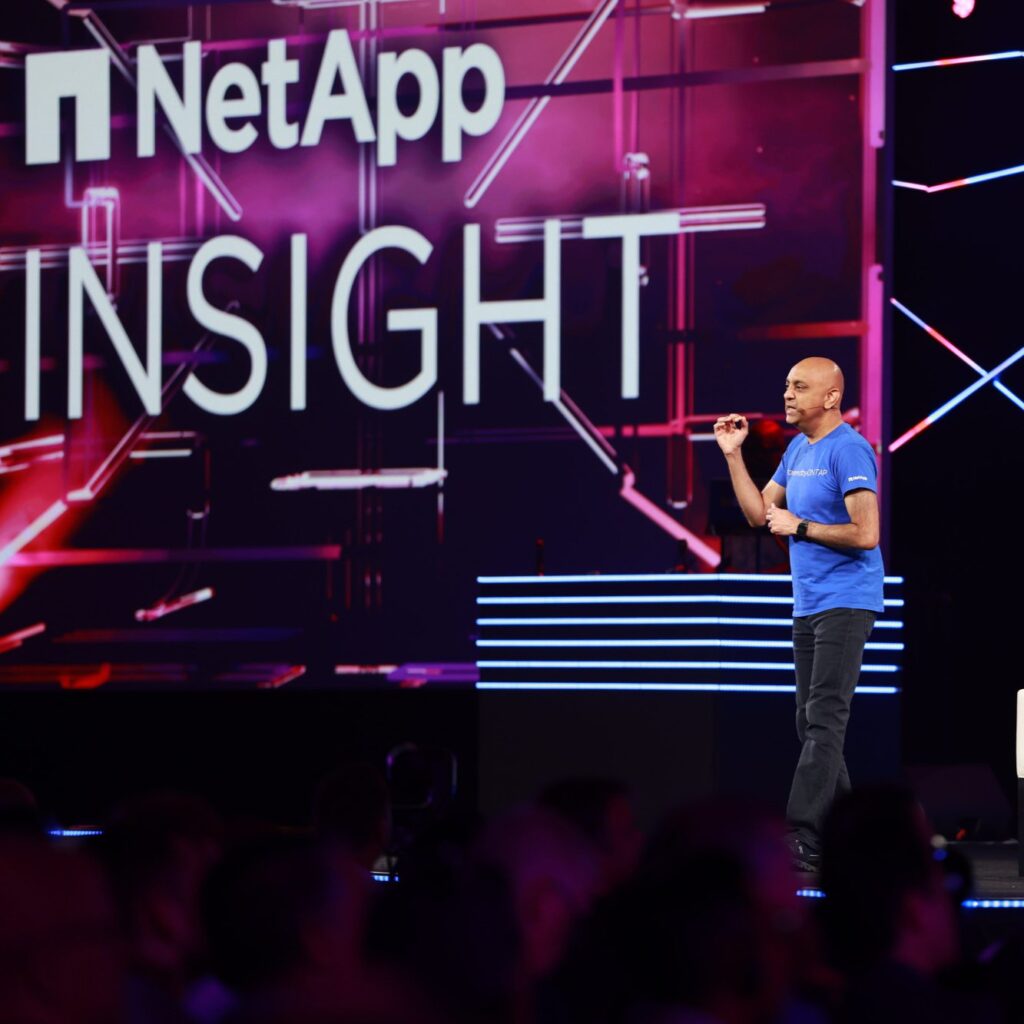Australia and New Zealand – July 25, 2023 – Vectra AI, the pioneer of AI-driven cyber threat detection and response for hybrid and multi-cloud enterprises, today announced the findings of its 2023 State of Threat Detection Research Report, providing insight into the “spiral of more” that is preventing security operations centre (SOC) teams from effectively securing their organisations from cyberattacks.
Today’s security operations (SecOps) teams are tasked with protecting progressively sophisticated, fast-paced cyberattacks. Yet, the complexity of people, processes, and technology at their disposal is making cyber defence increasingly unsustainable. The ever-expanding attack surface combined with evolving attacker methods and increasing SOC analyst workload results in a vicious spiral of more that is preventing security teams from effectively securing their organisation. Based on a survey of 2,000 SecOps analysts, including 200 from Australia and New Zealand (ANZ), the report breaks down why the current approach to security operations is not sustainable.
Spiral of More Threatens Security Teams’ Ability to Defend Their Organisation
Manual alert triage costs organisations billions globally, as burnout becomes more prolific and security analysts leave the profession for a less stressful career. The report highlights that security analysts are tasked with the massive undertaking of detecting, investigating and responding to threats as quickly and efficiently as possible while being challenged by an expanding attack surface and thousands of daily security alerts.
The study found:
- 69% of ANZ respondents report the size of their attack surface has increased in the past three years.
- On average, in ANZ SOC teams receive 4,450 alerts daily and spend nearly three hours a day manually triaging alerts.
- Security analysts are unable to deal with 66% of the daily alerts received, with 83% reporting that alerts are false positives and not worth their time.
SOC Analysts Don’t Have the Tools to Do Their Jobs Effectively
Despite a majority of SOC analysts reporting their tools are effective, the combination of blind spots and a high volume of false positive alerts are preventing enterprises and their SOC teams from successfully containing cyber risk. Without visibility across the entire IT infrastructure, organisations are not able to identify even the most common signs of an attack, including lateral movement, privilege escalation, and cloud attack hijacking.
The study also found:
- Globally, 97% of SOC analysts worry about missing a relevant security event because it’s buried under a flood of alerts, yet, the vast majority deem their tools effective overall. In ANZ, 58% stated they worry every day.
- In ANZ, 37% believe alert overload is the norm because vendors are afraid of not flagging an event that could turn out to be important. In addition, only 13% stated threat detection tools are not noisy.
- Overall, 34% claim that security tools are purchased as a box-ticking exercise to meet compliance requirements, and 44% wish IT team members consulted them before investing in new products.
- In addition, 37% said they were sick of vendors selling new security products that add to the number of alerts, rather than improving threat efficacy.
Analyst Burnout Poses Significant Risk to Security Industry
Despite the increasing adoption of AI and automation tools, the security industry still requires a significant number of workers to interpret data, launch investigations, and take remedial action based on the intelligence they are fed. Faced with alert overload and repetitive, mundane tasks, two-thirds of security analysts report they are considering or actively leaving their jobs, a statistic that poses a potentially devastating long-term impact to the industry.
The study found:
- Despite 79% of ANZ respondents claiming their job matches expectations, 58% are considering leaving or are actively leaving their job.
- The top three reasons given for leaving their profession were: 37% say they spend all their time sifting through poor quality security alerts; 44% feel stressed all the time; and 45% say they don’t feel they have the tools needed to secure their organisation.
- 55% of ANZ analysts claim they’re so busy that they feel like they’re doing the work of multiple people, and 56% believe working in the security sector is not a viable long-term career option.
According to Chris Fisher, Director of Security Engineering, Vectra AI, Asia Pacific & Japan, “SOC teams are, understandably, overwhelmed. The report highlights the disconnect between how teams view their security tools and solutions, and the fact that this tooling not only isn’t supportive but is greatly adding to existing pressure. We all know that hackers are becoming more sophisticated, but the solution is not to create more alerts. We need to be investing in solutions that look more closely at attacker behaviour and are able to filter out what doesn’t require further attention and what could be more serious. From here SOC teams can prioritise real attacks with accuracy. Organisations and security leaders must be willing to demand signal clarity.”
“As enterprises shift to hybrid and multi-cloud environments, security teams are continually faced with more – more attack surface, more attacker methods that evade defences, more noise, more complexity, and more hybrid attacks,” said Kevin Kennedy, senior vice president of products Vectra AI. “The current approach to threat detection is broken, and the findings of this report prove that the surplus of disparate, siloed tools has created too much detection noise for SOC analysts to successfully manage and instead fosters a noisy environment that’s ideal for attackers to invade. As an industry, we cannot continue to feed the spiral, and it’s time to hold security vendors accountable for the efficacy of their signal. The more effective the threat signal, the more cyber resilient and effective the SOC becomes.”
Click here to download the full report.
Supporting Resources
About Vectra AI
Vectra AI is the pioneer in Security AI-driven hybrid cloud threat detection and response. Only Vectra optimises AI to detect attacker methods – the TTPs at the heart of all attacks – rather than simplistically alerting on “different.” The resulting high-fidelity threat signal and clear context enables cybersecurity teams to rapidly respond to threats and stop attacks from becoming breaches. The Vectra platform and services cover public cloud, SaaS applications, identity systems and network infrastructure – both on-premises and cloud-based. Organisations worldwide rely on the Vectra platform and services for resilience to ransomware, supply chain compromise, identity takeovers, and other cyberattacks impacting their organisation. For more information, visit vectra.ai.
Media Contacts
Karen Peterson / Lisa Burnet / Corina Chee
KP Comms for Vectra AI
[email protected]





